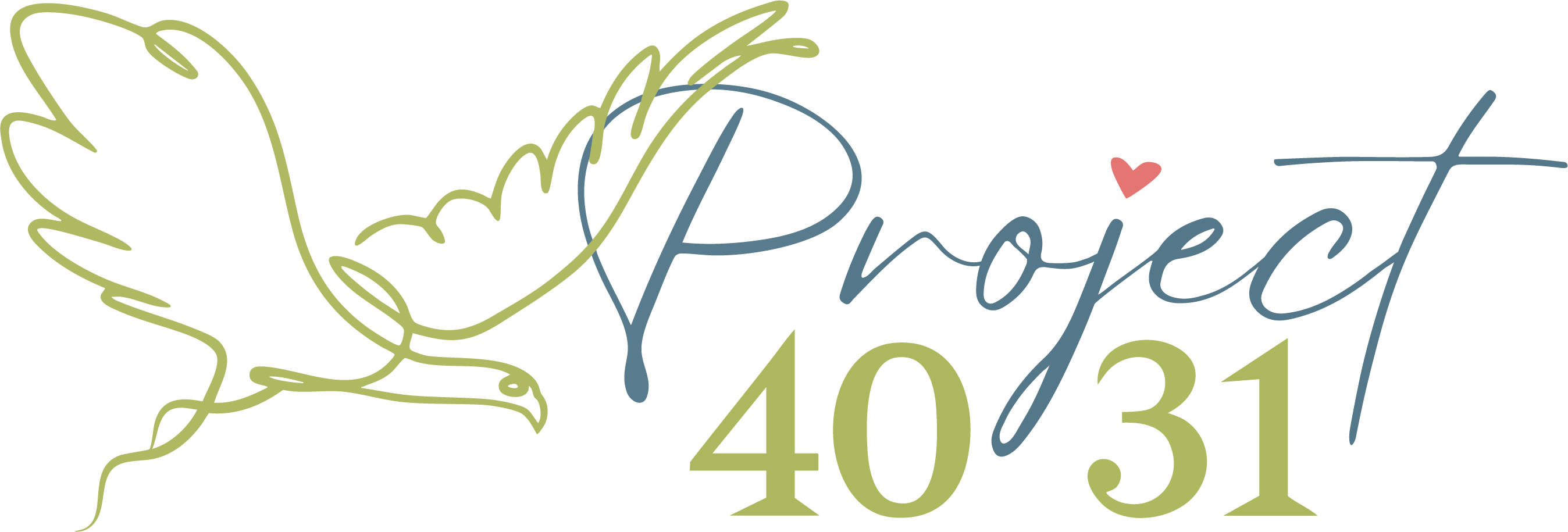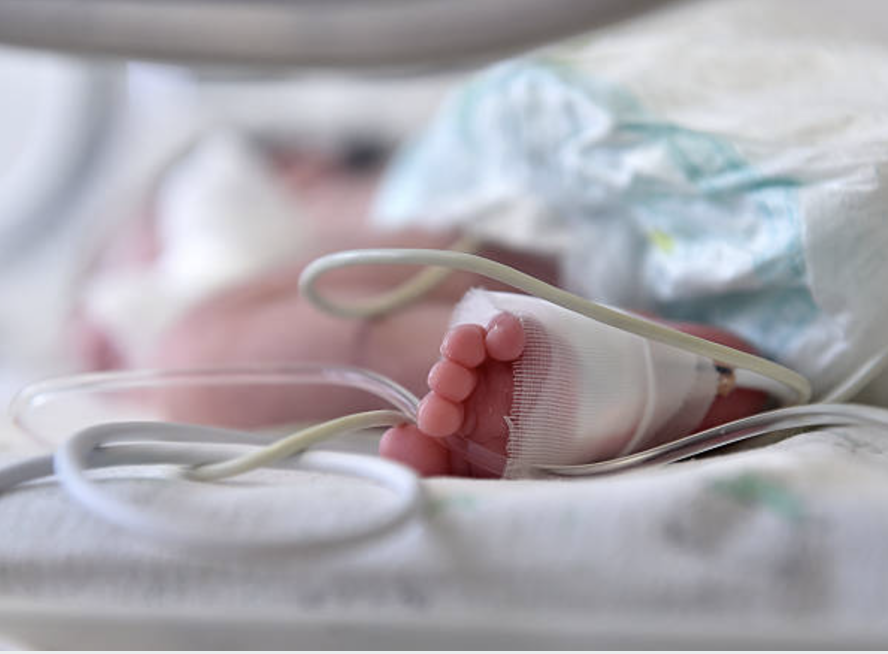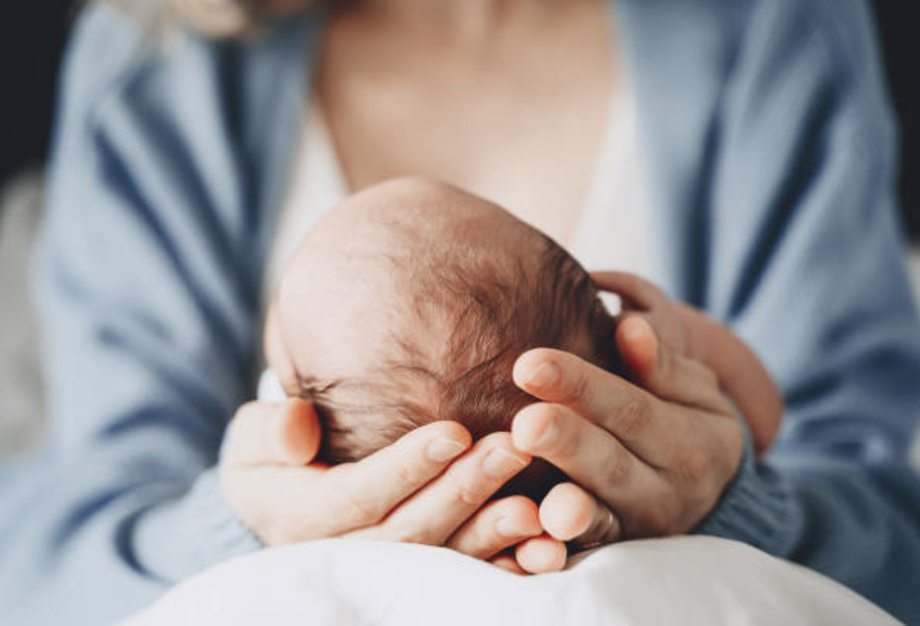
18 January 2025
January marks National Birth Defects Awareness Month, a time dedicated to raising awareness about birth defects and their impact on families, communities, and healthcare systems.Every 4.5 minutes a baby is born with a condition that affects the structure or function of their body according to the Centers for Disease Control and Prevention (CDC). This awareness month serves as an opportunity to educate the public about prevention strategies, promote early detection, and provide support for affected families.

What is a birth defect?
The CDC defines a birth defect as structural changes present at birth that can affect almost any part of the body, such as the heart, brain, or foot. They may affect how the body looks, works, or both. Birth defects are common, affecting 1 in every 33 babies born in the United States each year. They are also the leading cause of infant deaths, accounting for 20%, or 1 in 5, of all infant deaths.
Living with birth defects
Children born with birth defects usually require care from a variety of specialists and support services. The benefits of this type of care include improved patient and family experience, reduced healthcare costs and an increase in meeting both medical and nonmedical needs. The CDC also discusses the importance of community and how vital it is for families affected by birth defects. Being able to connect with others who have a similar experience, whether it is through an in person or online support group, can provide a great deal of support and remind them that they are not alone on this journey. Living with a birth defect can present unique challenges, but it is also a journey of resilience, adaptability, and strength.

How can I help?
Project 4031 has had the opportunity to work with families affected by birth defects such as microcephaly, pulmonary atresia and encephalocele. We recognize that raising awareness and supporting families impacted by birth defects is a year-round commitment. By fostering education, advocating for prevention, and amplifying stories of resilience, we can create a more informed and compassionate community and society. By increasing awareness, we can work together to reduce the prevalence of birth defects and improve outcomes for children everywhere. Let’s continue to champion awareness and action—not just in January, but every day.